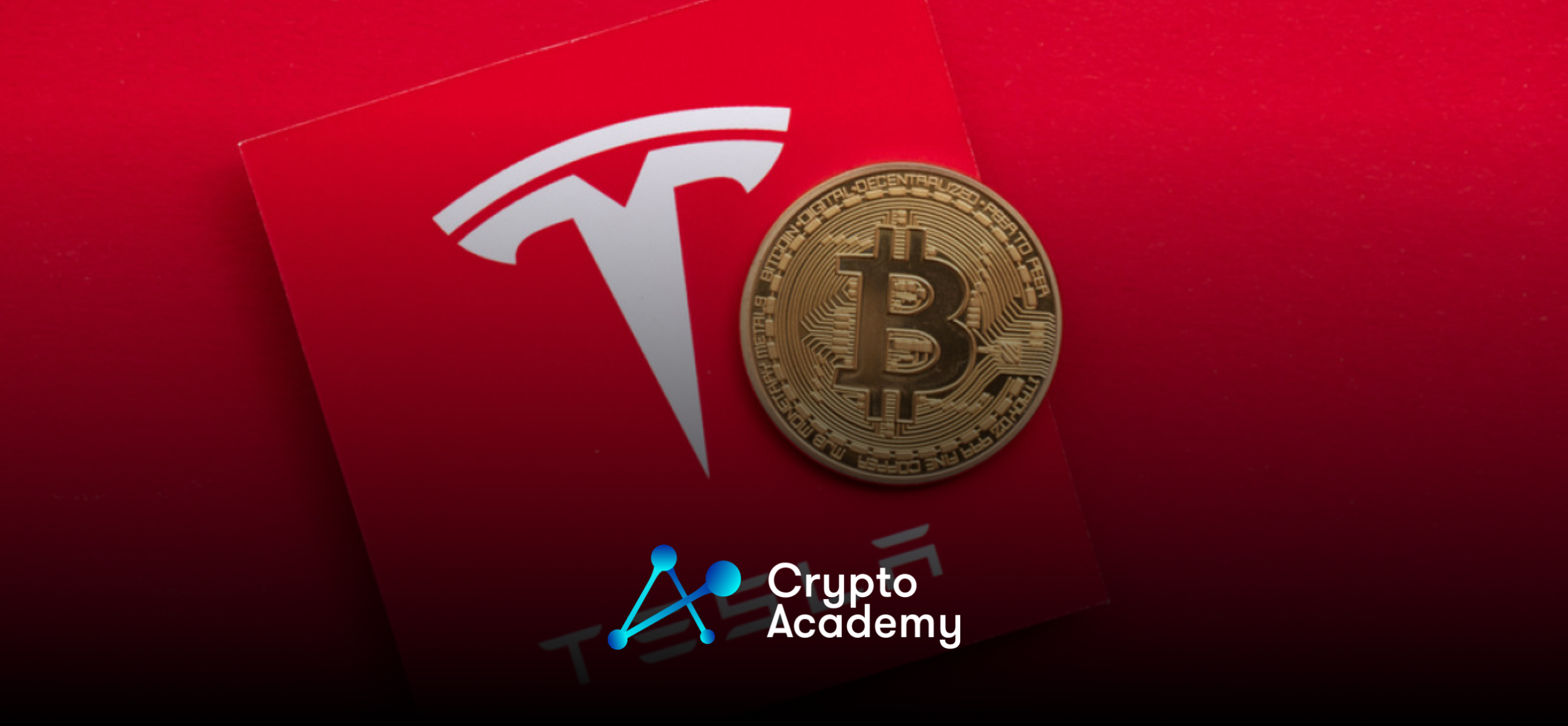Tesla Q3 2023 Report Confirms No Bitcoin Sales

Tesla, the giant in automotive and clean energy sectors, confirmed today that it remained hands-off on its Bitcoin investment for the third consecutive quarter. According to the Q3 2023 report, the company neither bought nor sold any of its $312 million worth of Bitcoin holdings. Notably, the value of Tesla’s Bitcoin treasury has dropped by $9 million compared to Q2 of this year. Moreover, this digital asset dormancy extends back to Q2 of 2022, a period in which Tesla liquidated a significant 75% of its Bitcoin holdings—30,000 BTC to be precise—for a whopping $936 million.
Initially, Tesla had jumped headfirst into the cryptocurrency pool, purchasing $1.5 billion worth of Bitcoin in early 2021. However, following last year’s significant sales, the electric car manufacturer has since opted for a more conservative approach to its cryptocurrency portfolio. This is a far cry from the aggressive acquisition strategy that was initially employed. Consequently, Tesla’s current “no buy, no sell” posture could be indicative of a larger, yet unspoken, corporate strategy. Could this be a waiting game?
Also Read: Bitcoin vs. Gold: Evaluating Modern and Traditional Inflation Hedges
The market’s reaction was not as restrained, however. Tesla’s stock took a hit, plummeting 4.78% to close at $242.68 per share. Furthermore, the company failed to meet revenue expectations, pulling in $23.35 billion against an estimated $23.9 billion. Nevertheless, there was a silver lining. Tesla revealed that the pilot production of its highly-anticipated CYBERTRUCK has exceeded 125,000 units, gearing up for a November launch. Additionally, the company’s cost per vehicle dipped to approximately $37,500 in Q3. On the earnings front, Tesla reported adjusted earnings of 66 cents per share, falling short of the 73 cents expected. In summary, Tesla’s performance this quarter is a mixed bag, making it a subject of robust debates among analysts and investors alike.
Food for Thought
As we digest Tesla’s latest numbers, it’s essential to ponder the company’s hesitation in dealing with its Bitcoin holdings. Is this a calculated move dictated by market volatility, or could it signify a lack of confidence in cryptocurrency as a viable long-term asset? Interestingly, Tesla’s conservative stance on Bitcoin seems at odds with the pioneering spirit that the company embodies in other avenues. Could this contrasting approach herald a change in how corporations engage with digital assets in the future? For now, it seems that Tesla is straddling the fence, and only time will tell which side it will ultimately choose to stand on.

Comments are closed.